Temperature And Humidity Sensor With Solar And Clock
About the project
This project is a simple weather station, that gives you information about the current temperature and humidity. In addition it tells the time with the help of a RTC module. Everything is shown with the help of a 16*2 LCD display. To make everything portable there are two 16850cells connected which get charged by solar power.
Project info
Difficulty: Easy
Platforms: Arduino
Estimated time: 4 hours
License: GNU General Public License, version 3 or later (GPL3+)
Items used in this project
Hardware components
View all
Story
This project started as an Arduino Uno with an DHT11 and the LCD on a breadboard. I always wanted to start my first real project but did not know what to do since I'm fairly new to arduino. After testing around I wanted to make my small project portable so I used the tiny breadboard and the prototype shield to make a small package and the first version of my weather station. I hooked up a powerbank via Usb and now I could go everywhere with my weather station.
The idea with the RealTimeClock came after that so I added it, because I thought it would be useful to have a clock with your station. After posting that on reddit someone suggested adding solar, so I bought the solar charger shield and the panel. (For me it is enough but I can recommend you to take 2 solar panels and put them in parallel, or get a big one, so that you can charge the batteries and power the arduino simultaneously)I also used the 18650 cell from the powerbank and a second one I had lying around in parallel to get as much battery life as possible.
In the end I added some hinges of old glasses to the mount of the solar panel, so that its angle is adjustable to always be as direct to the sun as possible.
I also added a switch to connect the 3.3V of the arduino and the power input of the LCD backlight, so that could be turned on and of manually, since in sunlight the screen is easily readable without the backlight and this would save some energy! I added a button to the same pins, so if the backlight is turned off I can hold the button to temporarily have power connected to the backlight to read the temperature and humidity. Ultimately an Eink display would be the best for efficiency but I'm happy with how my project turned out now!
Maybe in future this project will evolve even more :) If you don't know what project to start with then I can encourage you that a simple circuit like mine can turn into a fun project in less time than you realise!
Here are some pics of the current state of my weather station: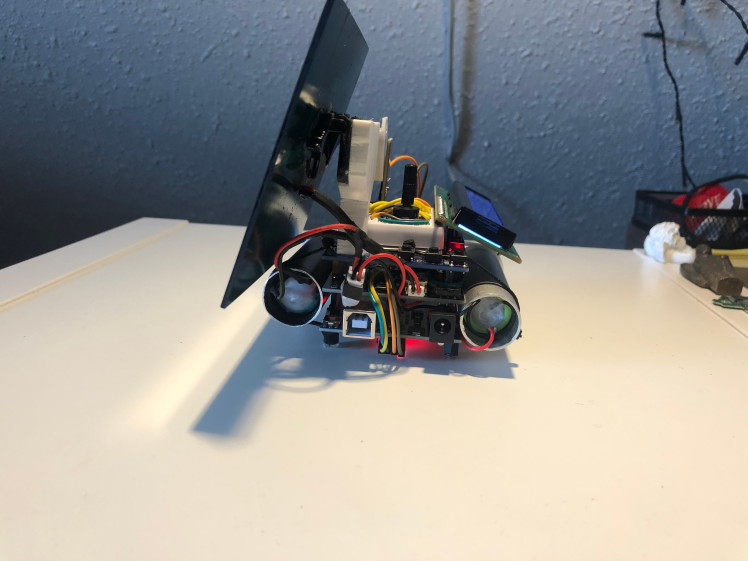
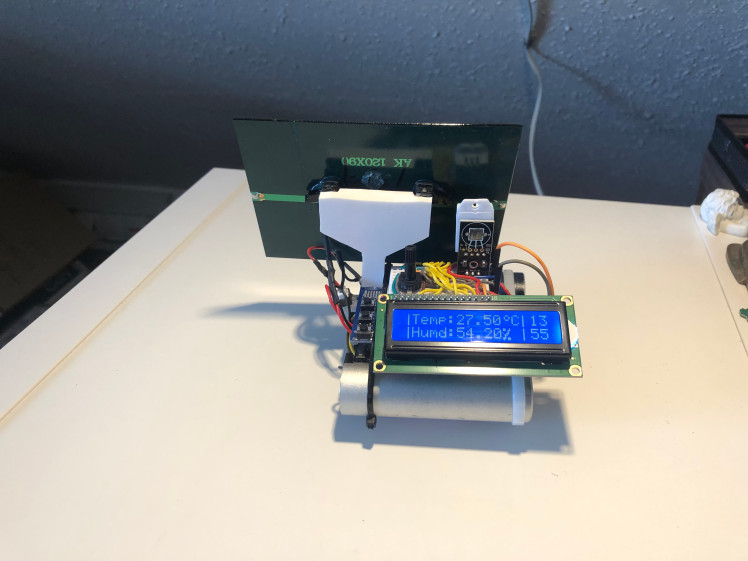
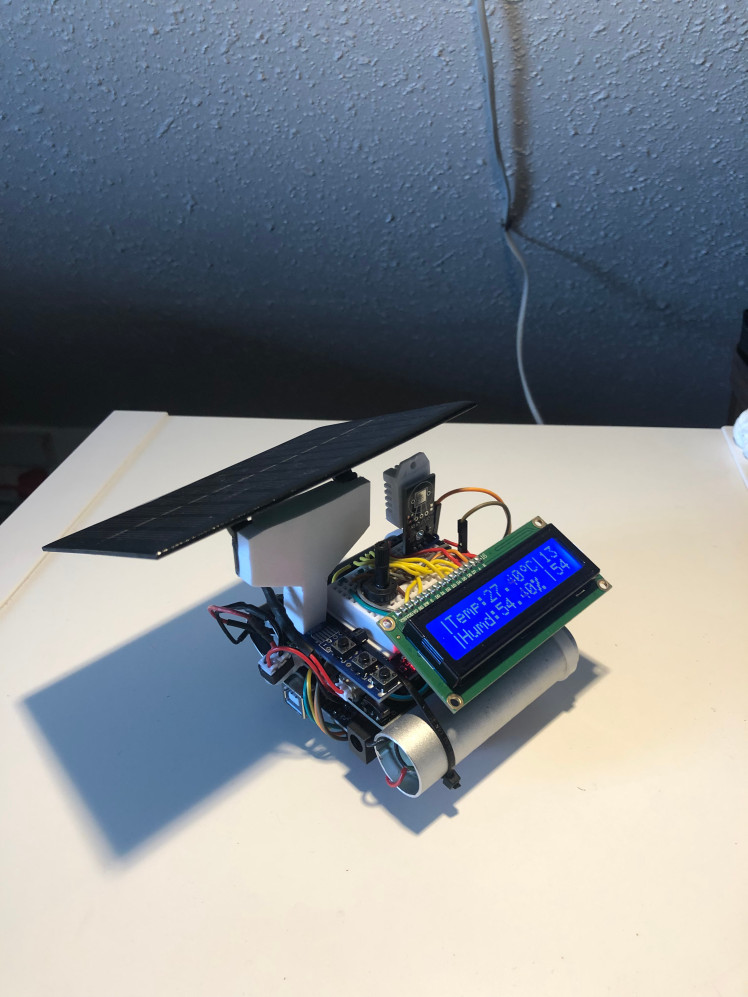


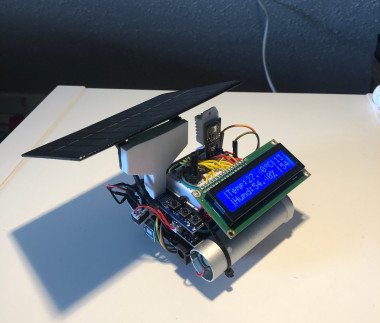

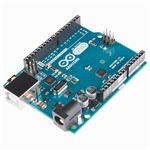
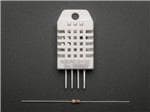
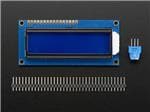
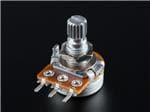

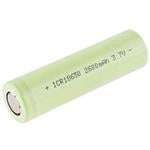



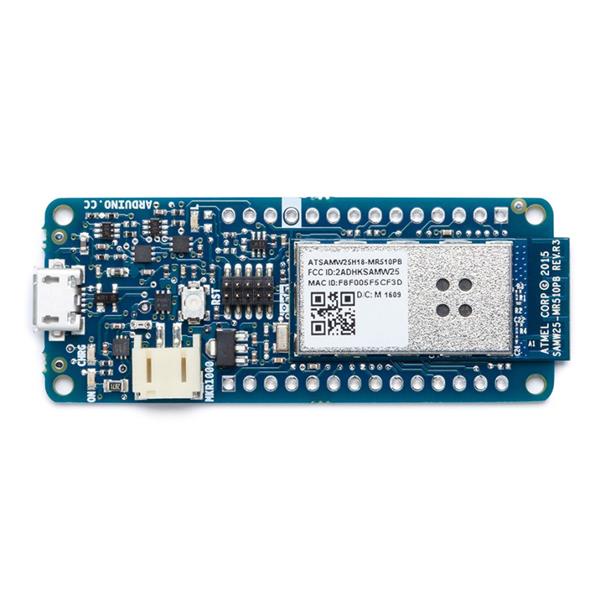
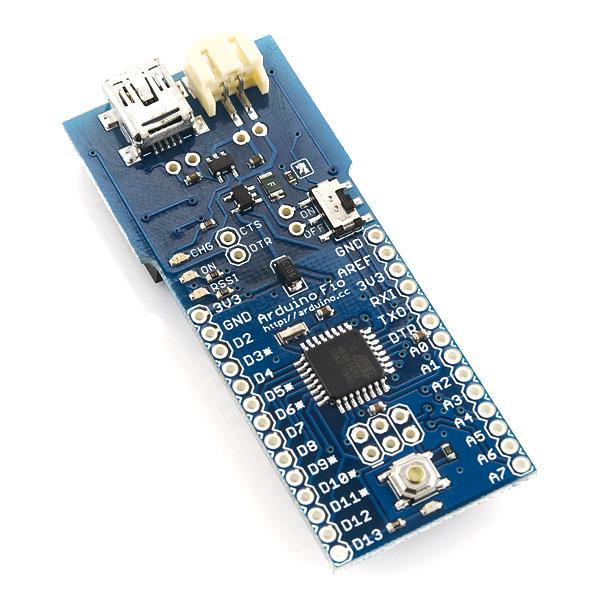
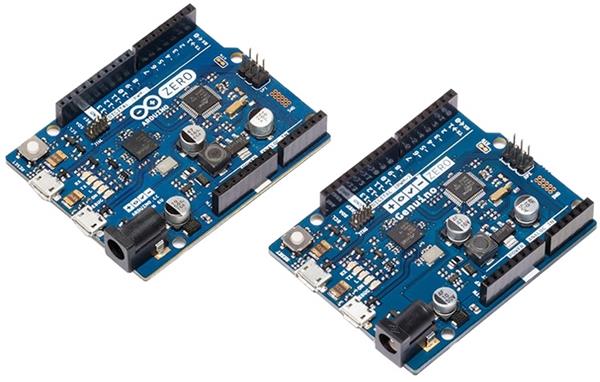
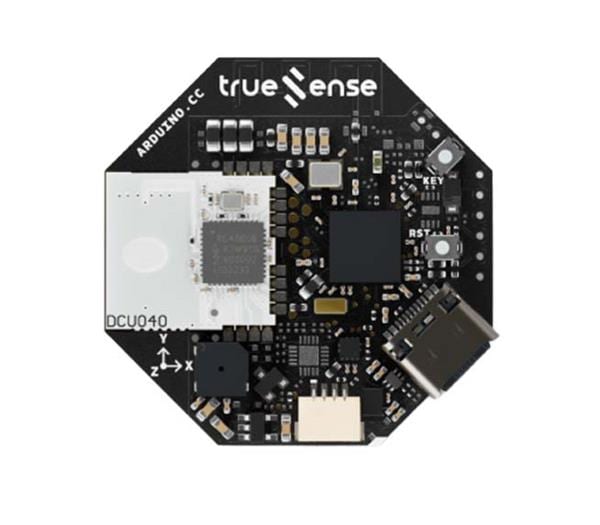
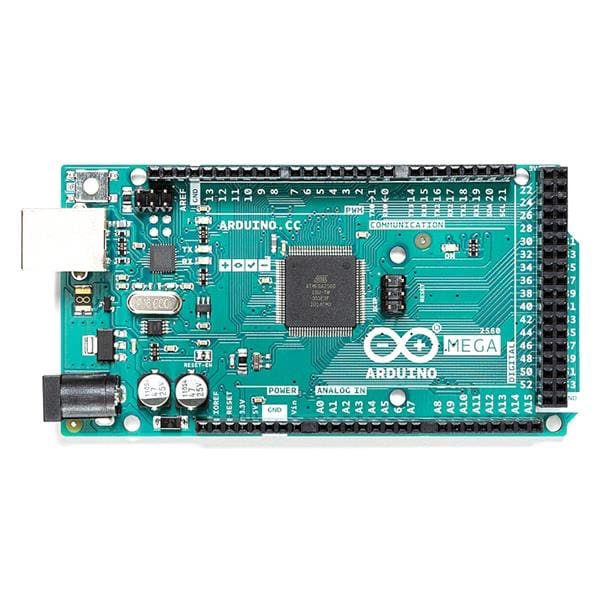
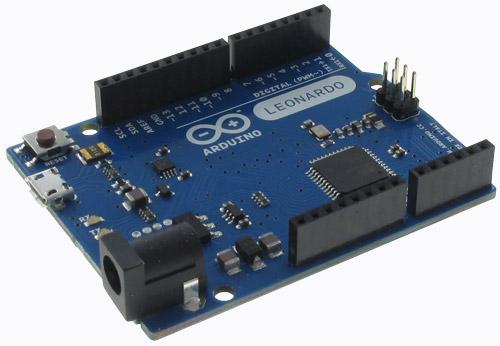
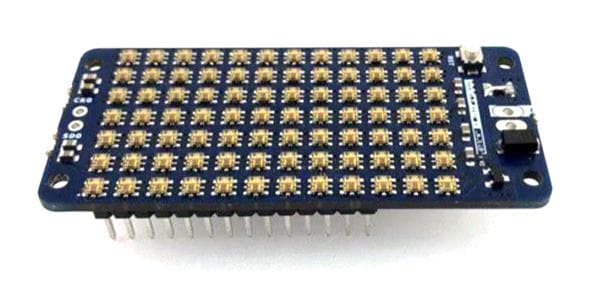
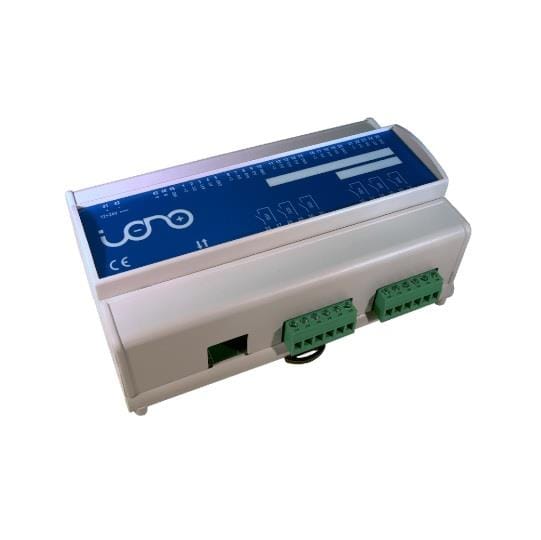
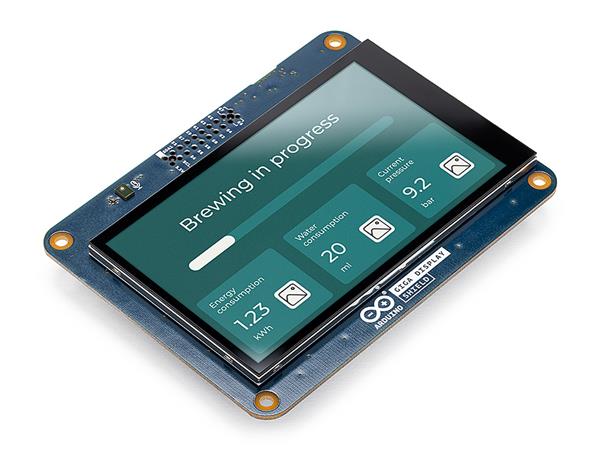

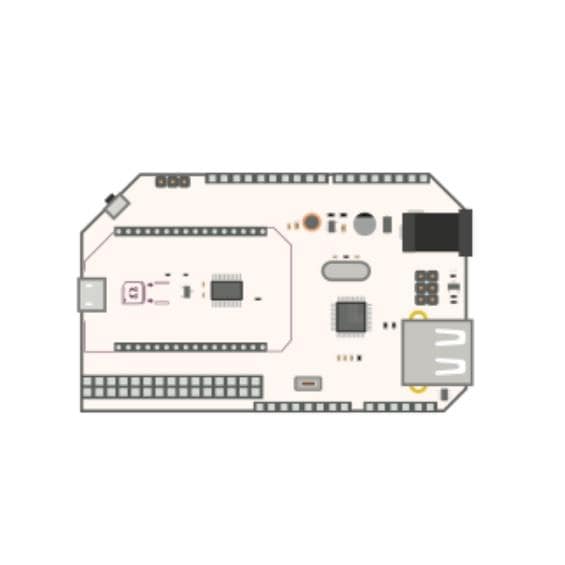

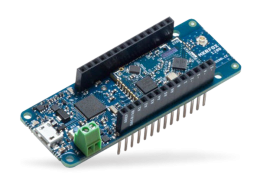


Leave your feedback...